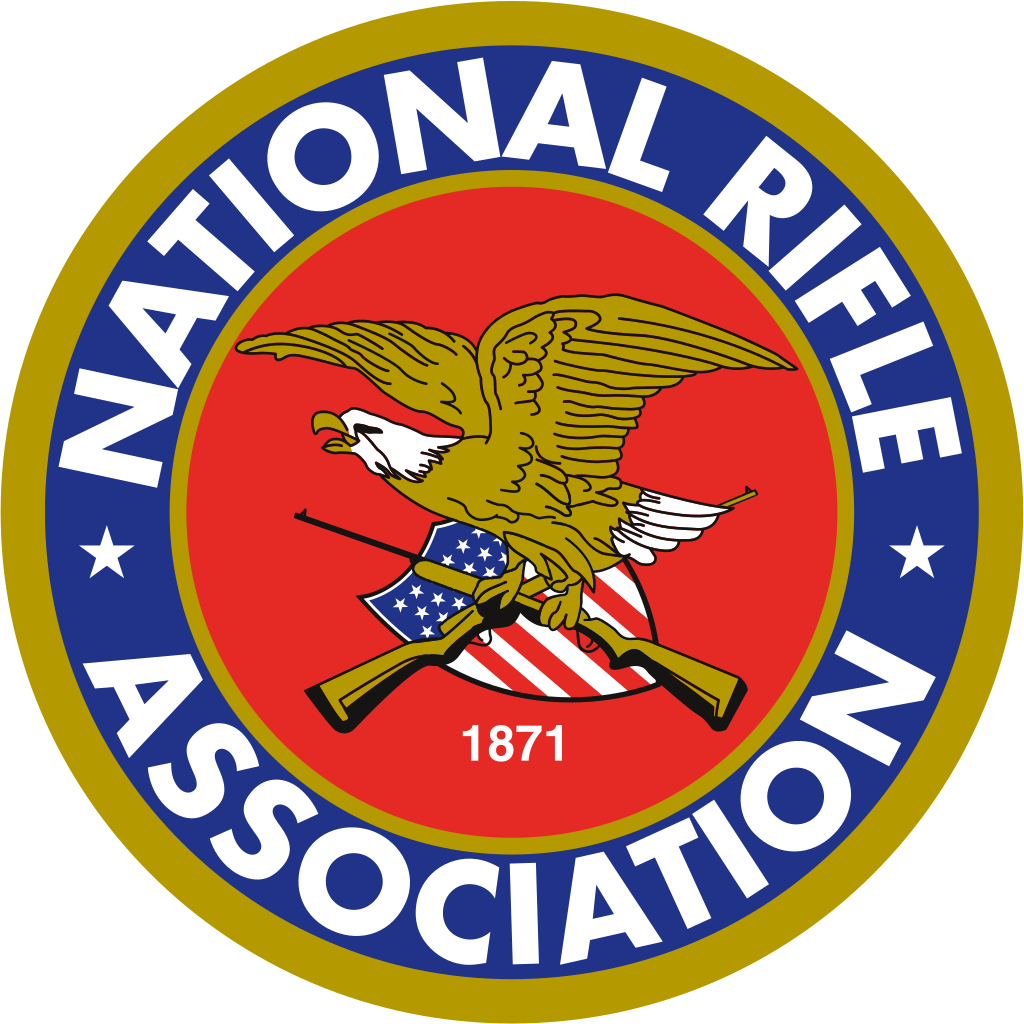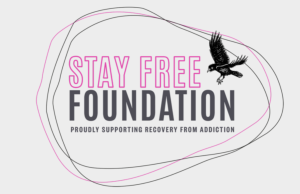Charity regulators in New York and Washington, D.C., filed separate lawsuits against the National Rifle Association (NRA) and its charitable foundation, seeking to dissolve the pro-gun organization amid allegations of misusing charitable funds.
In a 169-page complaint filed with the New York Supreme Court today, New York Attorney General Letitia James also aims to bar four current and former executives from serving on the boards of any charity in the state.
It is alleged in the suit the NRA as a whole, as well as Executive Vice President Wayne LaPierre who has led the organization for almost three decades, former Treasurer and Chief Financial Officer Wilson “Woody” Phillips, former Chief of Staff and Executive Director of Operations Joshua Powell and corporate Secretary and General John Frazer with failing to manage the NRA’s funds, contributing to a loss of $64 million over three years.
The complaint alleges that the four dependents failed their fiduciary duty to the organization and used millions of dollars from reserves for their personal use, including trips for them and their families to the Bahamas, private jets, expensive meals, and other private travel. James also seeks to recoup millions in lost assets.
James alleges in her complaint that the NRA violated laws governing its charitable status and false reporting on annual filings with the Internal Revenue Service (IRS) and with the OAG’s Charities Bureau. Allegations also include numerous accounting and disclosure issues, such as improper expense documentation, improper wage reporting, improper income tax withholding, failure to make required excise tax reporting and payments, payments in excess of reasonable compensation to disqualified persons, and waste of NRA assets. James claims the four individuals violated the NRA’s bylaws as well as its employee handbook and policy manual.
In a separate 24-page complaint filed in the Superior Court of the District of Columbia Civil Division, Washington, D.C. Attorney General Karl Racine alleged that the NRA Foundation allowed “charitable funds to be used for non-charitable purposes, failed to operate independently, and placed the NRA’s interests ahead of its own charitable purposes.” The Office of the Attorney General (OAG) also alleges that the foundation’s board was controlled by the NRA and allowed the NRA to exploit it through risky, multimillion-dollar loans, including a $5-million loan that was never repaid.
The NRA is a 501(c)(4) social welfare organization incorporated in New York, with a separate 501(c)(3) charitable arm, the NRA Foundation, incorporated in the District of Columbia.
The failure of the NRA to comply with multiple fiduciary responsibilities and state and federal laws resulted in substantial losses on its balance sheet, according to James, from a surplus of $27.8 million in 2015 to a net deficit of $36.2 million in 2018 — contributing to a total loss of more than $64 million in three years.
In a statement attributed to President Carolyn Meadows and posted to its Twitter account, the NRA called the New York lawsuit a “baseless, premeditated attack on our organization and the Second Amendment freedoms it fights to defend,” questioning the timing of the investigation as the 2020 election cycle gears up.
(1/3) NRA PRESIDENT RESPONDS TO NY AG:
This was a baseless, premeditated attack on our organization and the Second Amendment freedoms it fights to defend. You could have set your watch by it: the investigation was going to reach its crescendo as…
— NRA (@NRA) August 6, 2020
During a livestreamed press conference announcing the complaint this morning, James cited the November 2018 settlement to close the Trump Foundation as precedent for the suit. The inquiry into the NRA began months later, in February 2019, led by Charities Bureau Chief James Sheehan and Bureau Co-Chief of the Enforcement Section Emily Stern, with a team of attorneys, legal assistants, and accountants.
“I think a useful starting point for folks to keep in mind is that while NYAG has the best-resourced n/p [nonprofit] office and so is often in the news, they are an extremely ‘light touch’ regulator,” Georgetown Law Professor Brian Galle said via Twitter. “ Their 1st, 2d [sic], and 3d [sic] steps are usually education and gentle nudges. This is…not that.”
I think a useful starting point for folks to keep in mind is that while NYAG has the best-resourced n/p office and so is often in the news, they are an extremely “light touch” regulator. Their 1st, 2d, and 3d steps are usually education and gentle nudges. This is…not that.
— Brian Galle (@BDGesq) August 6, 2020
The New York complaint alleged that the NRA board’s audit committee was negligent and failed to assure standard fiscal controls or respond adequately to whistleblowers while also taking steps to conceal those concerns from external auditors, on top of failure to review potential conflicts of interest for employees.
The complaint filed by Racine alleges that the NRA still owes the foundation $5 million from board-approved loans in 2017 and 2018 totaling $10 million. The board also granted requests to extend and modify loan terms in ways that benefited the NRA but harmed the foundation, including a change that allowed the NRA to repay other debt first.
Racine also alleges that the foundation agreed to “unjustified increases” in the fees paid to the NRA to run the organization. In 2018, the NRA increased the foundation’s management fees by almost $5.9 million, including a $4-million “catch-up fee” to be paid immediately, but never provided documentation that the payments were being used for charitable purposes.
Phillips engaged in practices that violated NRA policy, lied on financial disclosure forms, and set up a deal worth more than $1 million that benefitted his girlfriend, according to the lawsuit. Just before his retirement in 2018, he obtained a contract for himself worth $1.8 million, purportedly for monthly consulting services to the incoming treasurer, who was unaware of the contract.
Phillips also oversaw the financial practices that allowed millions of dollars in entertainment and travel expenses incurred by NRA executives to be fraudulently billed to the NRA as disbursements by the NRA’s largest vendor, Ackerman McQueen, an Oklahoma-based advertising and public relations firm.
Ackerman McQueen was paid more than $70 million in just 2017 and 2018 for “public relations and advertising” services and for “out-of-pocket expenditures” that went to entertainment and travel incurred by NRA executives and associates, James alleged. The expenses billed to the NRA for out-of-pocket expenses did not comply with IRS requirements, and, as a result, all such expenses should have been included by the NRA in taxable personal income for LaPierre and other recipients.
The advertising firm would aggregate expenses into a lump sum amount and provide no details on the nature or purpose of the expenses when billing the NRA, according to the complaint. The expenses billed to the NRA for out-of-pocket expenses did not comply with IRS requirements, and, as a result, all such expenses should have been included by the NRA in taxable personal income for LaPierre and other recipients.
Under New York law, the audit committee is responsible for overseeing the accounting and financial reporting processes of the organization and the audit of its financial statements, according to James, but the “culture of noncompliance and disregard for the internal controls is evident within the audit committee.”








